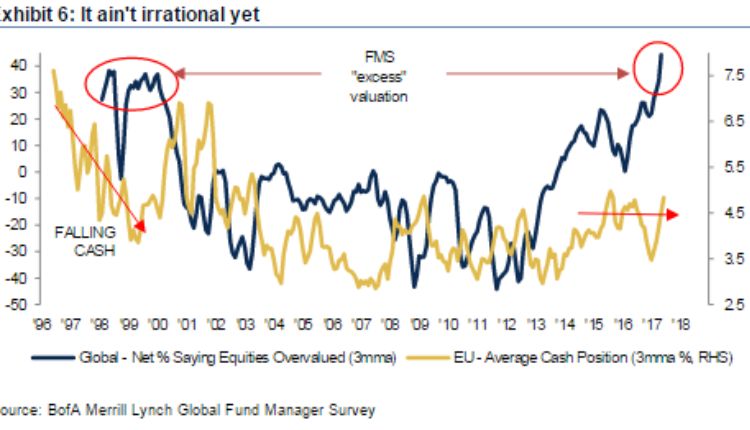
Introduction:
In today’s stock market update, we will explore the latest trends and insights to keep investors informed and provide a comprehensive overview of the current market landscape. As of May 6, 2023, the stock market continues to witness a blend of opportunities and challenges, influenced by various factors, including economic indicators, geopolitical developments, and corporate earnings reports. This article aims to shed light on the recent market movements, major events, and investor sentiment, equipping readers with valuable knowledge for their investment decisions.
Market Overview:
The stock market has been experiencing a moderate level of volatility in recent weeks. Despite the occasional fluctuations, the major indices have shown resilience and maintained their upward trajectory. As of the time of writing, the S&P 500 and Dow Jones Industrial Average (DJIA) are both near all-time highs, reflecting a generally positive sentiment among investors. The technology-heavy Nasdaq Composite Index has also demonstrated strong performance, bolstered by the continued growth of tech giants and innovation-driven companies.
Factors Influencing Market Trends:
- Economic Indicators: Economic data, including GDP growth, employment figures, and inflation rates, play a vital role in shaping stock market trends. Positive economic indicators, such as robust job creation and increased consumer spending, can fuel investor confidence and drive market gains.
- Corporate Earnings: Quarterly earnings reports provide crucial insights into a company’s financial performance. Strong earnings results often lead to a surge in stock prices, as investors view them as a sign of a company’s growth and profitability. Conversely, disappointing earnings can have a negative impact on stock prices.
- Geopolitical Developments: Geopolitical events, such as trade disputes, political instability, or changes in regulations, can significantly influence the stock market. Investors closely monitor geopolitical developments as they can create uncertainty and affect the global economic outlook, leading to market fluctuations.
Key Events Impacting the Market:
- Central Bank Policies: The actions and statements of central banks, such as the U.S. Federal Reserve, have a substantial impact on market sentiment. Changes in interest rates or monetary policies can shape investors’ expectations, leading to market reactions.
- Technological Advancements: Technological breakthroughs and innovations continue to play a pivotal role in driving market trends. The rise of artificial intelligence (AI), blockchain, and renewable energy sectors, among others, have attracted significant investor attention and influenced stock market movements.
- Global Trade Dynamics: Trade relations between major economies, such as the United States, China, and the European Union, have a profound impact on the stock market. Trade agreements, tariffs, or the escalation of trade tensions can result in market volatility and impact specific industries.
Conclusion:
As of today, the stock market remains in a positive trajectory, with the major indices reaching new highs. However, investors should exercise caution and conduct thorough research before making investment decisions. Economic indicators, corporate earnings reports, and geopolitical developments continue to be the key drivers of market trends. Staying informed and being mindful of both risks and opportunities can help investors navigate the dynamic nature of the stock market successfully.
FAQs:
- Should I invest in the stock market right now? Investing in the stock market requires careful consideration of your financial goals, risk tolerance, and time horizon. While the market currently shows positive signs, it is crucial to conduct thorough research and consult with a financial advisor before making any investment decisions.
How do geopolitical developments impact the stock market? Geopolitical events can create uncertainty, affecting investor sentiment and market performance. Changes in regulations, trade disputes, or political instability can lead to increased volatility and influence specific sectors or industries









